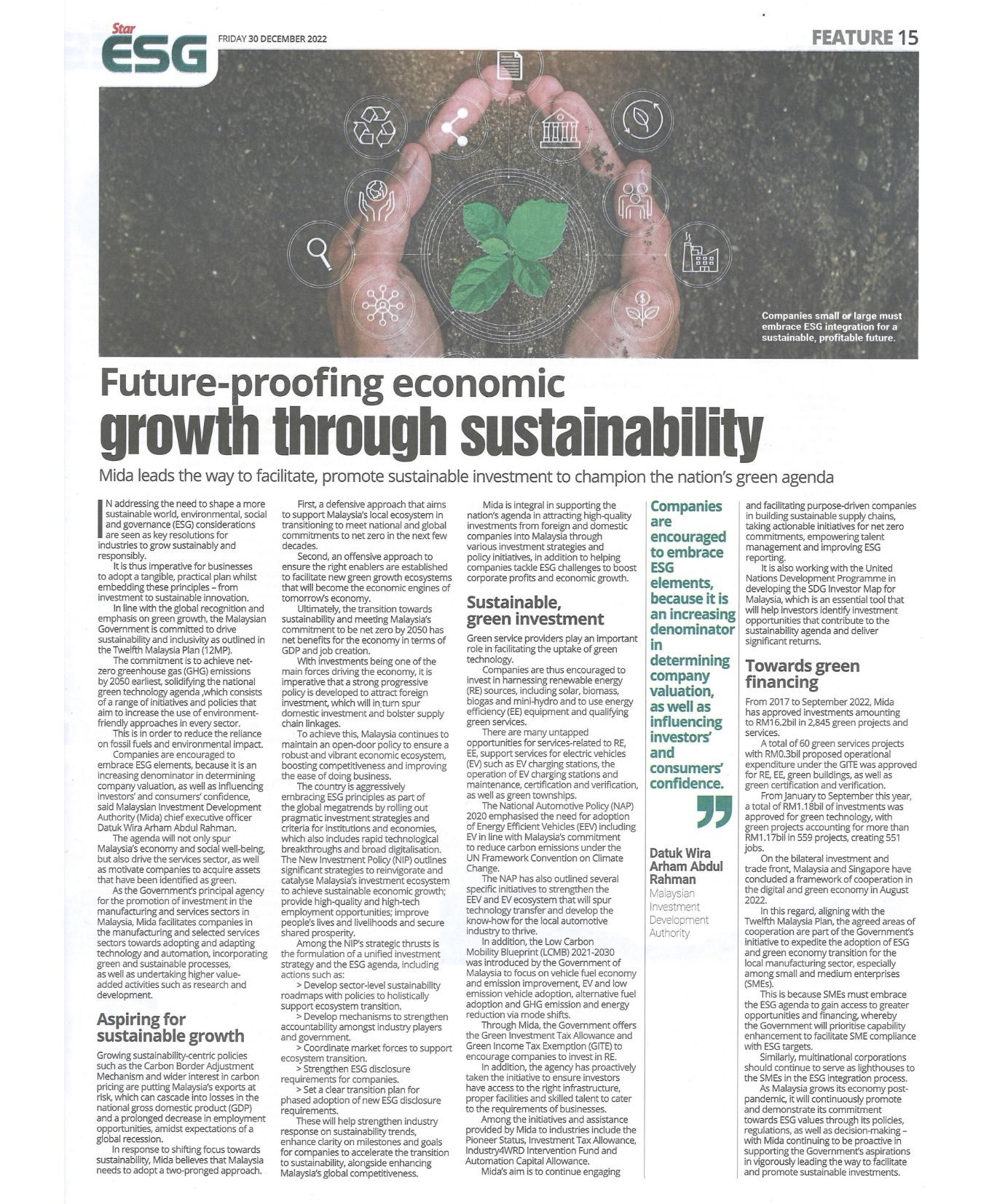The Madani government has introduced several new policies to attract foreign investors and tackle the impact of global economic uncertainty in 2024, boosting the country’s comparative advantage.
Universiti Teknologi Mara (UiTM) Sabah campus political economy senior lecturer Associate Professor Firdausi Suffian said among the policies introduced by the government led by Prime Minister Datuk Seri Anwar Ibrahim within a year are the Madani Economy framework, the National Energy Transition Roadmap Phase 1 and Phase 2, the New Industrial Master Plan 2030 and the Mid-Term Review of the 12th Malaysia Plan.
Firdausi said the introduction of clear policies would be able to restructure the national economy and bolster the supply chain post-Covid-19.
“Through the Madani Economy framework, the government intends to boost the manufacturing chain which focuses on complex value-added production activities to convince the people and foreign investors about the government’s seriousness in stimulating economic growth,” he said during Bernama TV’s ‘Malaysia Petang Ini’ programme, entitled ‘Economic Challenges 2024’ on Thursday.
Firdausi opined that 2024 would be the government’s implementation year amid a challenging period for the global economy and Malaysia due to factors such as continued geopolitical tensions, tightening of monetary policy to deal with inflation and the increased risk of economic slowdown worldwide.
“Malaysia is an open trading economy. Hence, external factors will directly affect the country’s economic position, the performance of the ringgit and trade,” he said.
However, Firdausi said the Prime Minister had stressed that Malaysia’s diverse economic structure and strong foundations built over the years have bolstered economic resilience and put the country on a stable growth pathway.
Anwar, who is also the Finance Minister, said these positive factors, supported by strong policies and action plans underpinned by the Madani Economy framework and the continuous implementation of pragmatic measures and initiatives set by the government, would ensure that the economy remains strong and resilient.
“Although the external sector remains important, growth is now increasingly driven by domestic demand,” said Anwar in the Economic Outlook 2024 report published by the Ministry of Finance in October.
Source: The Edge Malaysia
Madani govt’s policies boost Malaysia’s comparative advantage — Economist
Content Type:
Duration:



